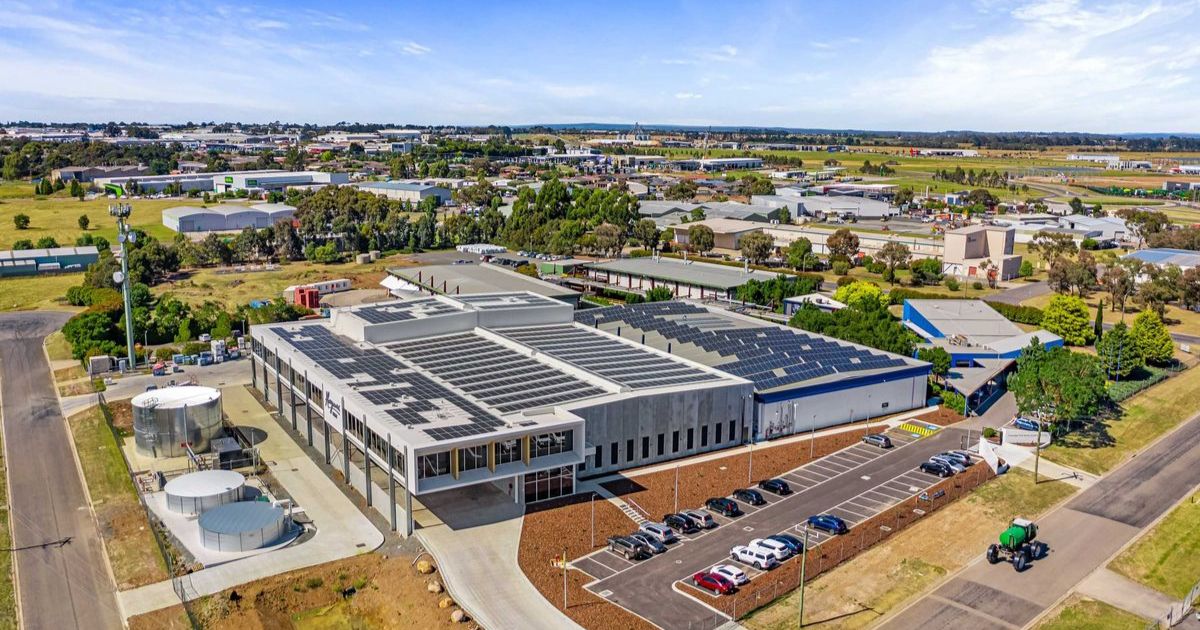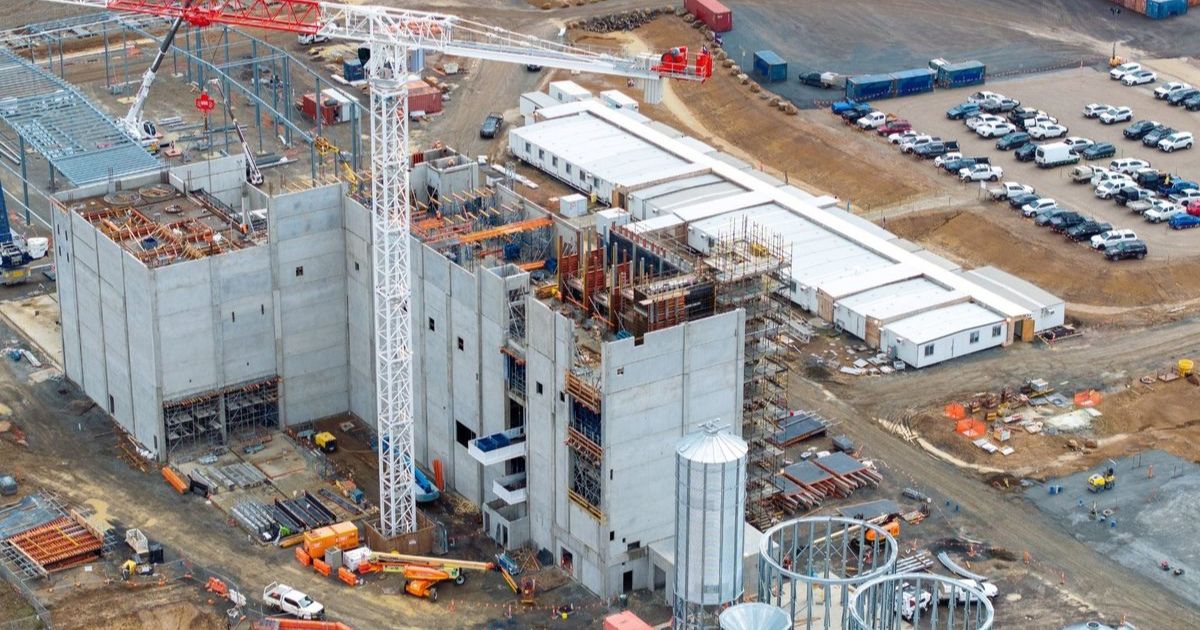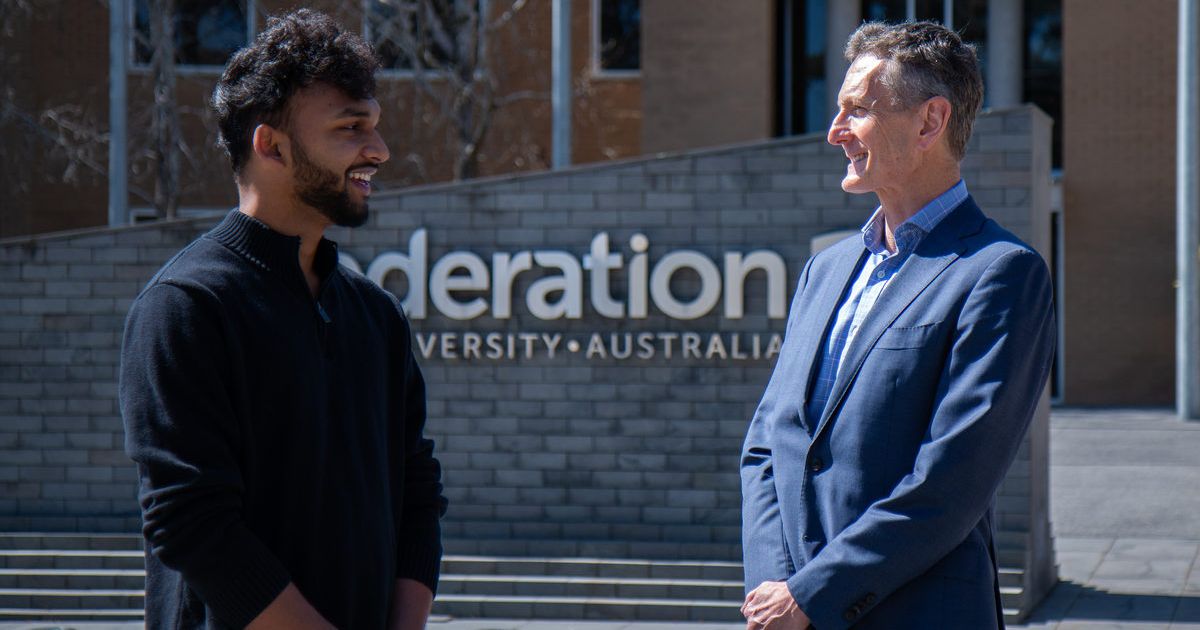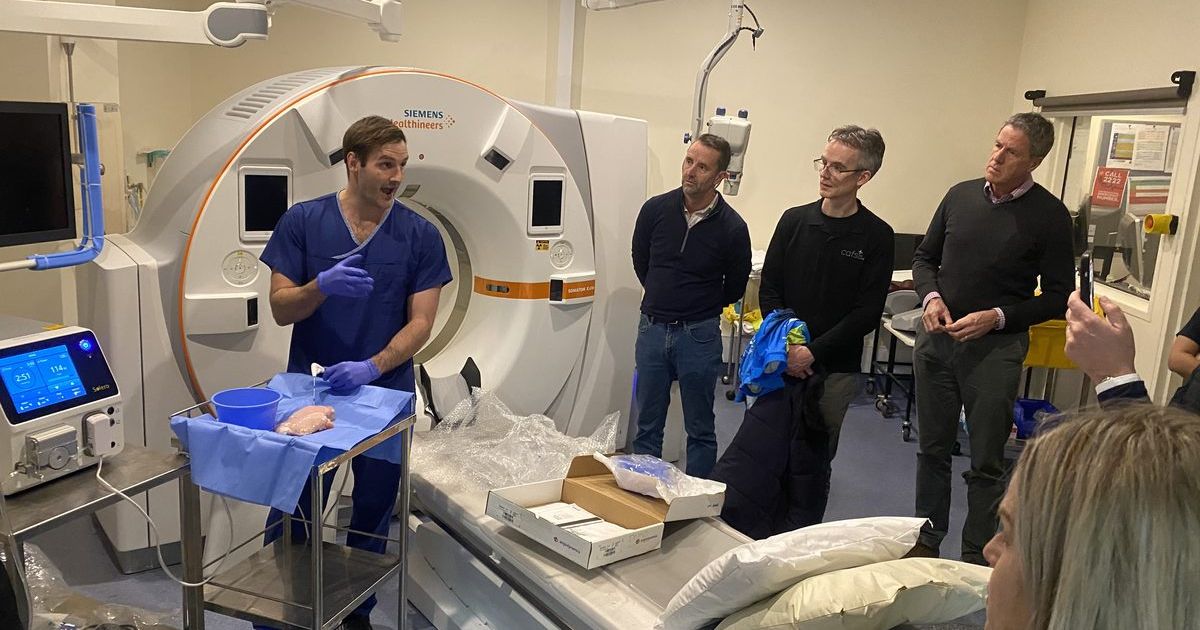Committee for Ballarat joins call for Local Energy Hubs Federal funding

Local power: An example of rooftop solar energy production at the Haymes Paint facility at the Wendouree Industrial Park. Photo: SUPPLIED
THE Committee for Ballarat has added its voice to a campaign for the Federal Government to fund a network of fifty Local Energy Hubs around Australia.
The organisation is among about 65 to have signed an open letter to Climate Change and Energy Minister Chris Bowen calling on Federal backing for the concept as the government pursues its net zero ambitions.
The letter says the May election was “a resounding endorsement” of the government’s plan to transform the energy system.
“But the way things are being done right now is putting this goal at risk,” it says.
“Communities in rural and regional areas where the shift to renewables is taking place are increasingly frustrated.
“People are crying out for trusted information about what this change means for them, and how they can have their say about what is happening where they live.”
The letter says this situation is fuelling growing opposition to renewable energy projects.
“It’s clear that investing in and engaging communities isn’t a barrier to building renewable energy, it’s a precondition for it,” it says.
It says setting up a Local Energy Hubs network would create ‘outreach centres’ staffed by local people where residents could go to understand big energy projects in their regions.
Committee for Ballarat CEO Michael Poulton said rural and regional people had the sense that they must host renewables infrastructure but do not see the benefits of it.
He said a hub would basically operate as a locally-based energy generation system to service local users first before energy was distributed to the wider grid.
“We are working through a number of projects at the moment to determine whether, feasibly and commercially, a community energy hub…could feed a city of this size,” Mr Poulton said.
He said community-based hubs had historically been small and focused on specific areas.
“What we’re trying to do is utilise that model and to test it at scale so the whole region could benefit.”
Mr Poulton said local hubs would give the communities hosting them some control over how the energy they generated was used.
He said if successful, local hubs would provide a blueprint for other regional centres and cities to follow, and the letter to Mr Bowen was an attempt to secure high-level backing so the concept could be accelerated.
He said governments had been supportive of the concept but had so far not made significant financial backing available to get projects “shovel ready.”
The Committee is already a leading member of the Ballarat Energy Network (BEN), a multi-stakeholder group that is working on the community-owned energy supply concept.
Mr Poulton said the BEN would orchestrate the generation, distribution, storage and sharing of local renewable energy, and then offer it to the national grid.
“We’re not Robinson Crusoe in this space – there are a number of organisations who are pushing to say there is a different way forward for energy and it doesn’t all have to be driven by large monopoly players or multinational players,” he said.
Mr Bowen’s office was approached for comment.


















